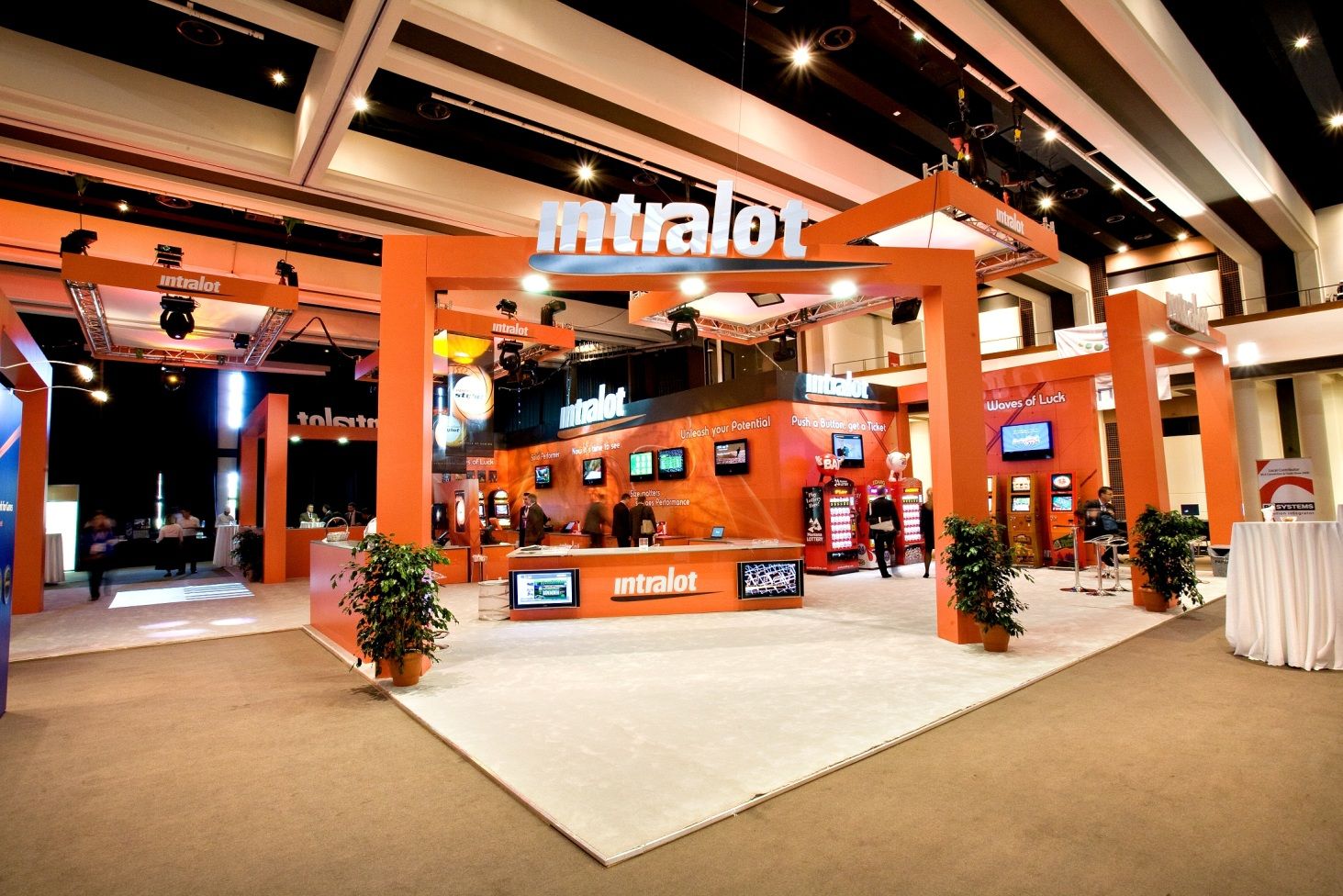Intralot’s goal is to be present in 15 U.S. states within the next two years, says Nikos Nikolakopoulos, CEO of Intralot Inc., the U.S. subsidiary of Intralot S.A. He points out that the use of Artificial Intelligence (AI) will change the way games are designed and developed, as well as how client-players interact with them. “We are constantly investing in products and services with a view to promoting innovation and bolstering our influence in shaping the future of the gaming industry,” he says.
So is this a total reset for Intralot, the Gree gaming multinational?
In recent years, the company has experienced significant change and demonstrated remarkable adaptability along with an ability to innovate and respond successfully to market challenges. We operate in the large and ever-growing lottery management and video lottery terminal (VLT) management and monitoring systems sector, which is a hard market for new players to enter and one that is progressing inevitably toward digital transformation. We have adopted a strategic plan that focuses on our LotosX Omni integrated lottery management ecosystem, strengthening our financial base, and investing in human resources and cutting-edge software development tools.”
This year marks the 20th anniversary of Intralot entering the U.S. market. What are your targets for the U.S. market? Expansion?
The U.S. lottery market is worth around $108 billion a year, is remarkably dynamic, and covers all 45 of the 50 states in the U.S. that actually have a state lottery. A traditional market which is subject to strict regulatory constraints, it has maintained a steady growth rate over the last two decades and still has considerable potential for the future. New companies wishing to access the market require more than experience and proven skills, they also need to be able to supply the same complex technological solutions we can. All in all, just three technology suppliers actively support central lottery systems at the national level. Intralot is one of them, and our company has a presence in 11 states along with long-term contracts with the lottery organizations in those states. We have attracted executives with extensive experience at the international level to significantly strengthen our U.S. team, with a view to expanding our to cover 15 states within two years.
How will the recent raising of new capital be reflected in the Intralot group’s international presence?
A healthy balance sheet and a financial structure are fundamental to our future strategy, which is actively supported by significant investments from our shareholders. These investments have successfully deleveraged the company, enhancing liquidity for development initiatives.
How is the global gaming market taking shape? What are the immediate objectives, in terms of the group’s prospects for growth?
The gaming industry underwent a significant transformation during the pandemic. The need for digitalization is evident across the full spectrum of business processes, and players expect innovative solutions that will improve their experience. The lottery market in North America represents an ideal opportunity for digital transformation, as online player participation is still low, at below 7% of the total market, while in Europe it ranges from 25%-60% depending on the country. The upcoming change in the regulatory framework is expected to accelerate this transition. It also presents us with an opportunity, since we have strategically focused on digital transformation with solutions and services that will also attract a younger audience—with advanced player protection measures and responsible gaming practices a given, of course. At the same time, the opportunity to integrate some of the 600,000 gaming machines of various forms into a controlled framework opens up new opportunities for Intralot, which has successfully implemented similar systems and supervises approximately 45,000 gaming machines in Georgia and Ohio.
Gaming requires cutting-edge technology. Does AI impact on Intralot’s technological status?
The concept and science of Artificial Intelligence has been around for many years, but it became more widely known and understood following the arrival of ChatGPT, thanks to the simplicity of that application’s user interface. The use of Artificial Intelligence (AI) in various technologies will change the way games are designed and developed, how companies interact with clients, and how advanced data analysis and categorization are implemented. For example, AI models are already being used to analyze gaming behavior with a view to addressing issues such as addictive tendencies and to take measures to ensure responsible gambling.
Intralot’s new LotosX Omni platform was launched recently in Taiwan. What does this platform offer? Will it be made available in other markets?
Our technology is top-notch, which is clear from our new LotosX Omni ecosystem, whose tried and tasted reliability makes it the perfect choice for major installations. The system has been up and running successfully in Taiwan since the start of the year, and is due to be installed in British Columbia, Canada, in the second quarter of 2024. This will be its first installation in North America. Based on a modern microservices architecture and incorporating various Intralot patents, the LotosX Omni is an innovative, flexible, modular ecosystem which interconnects seamlessly with third-party systems. Its numerous advantages include individual system components that can be independently upgraded or changed, simplified maintenance schedules, and scalability.
Looking at Intralot’s new projects, which do you consider the most significant?
Intralot is seeking to develop systems and services that promote responsible gaming and enhance the player experience. In this context, the “Jackpot Management System” is a good example of our strategic vision in practice. This system, which Intralot has patented in the U.S., allows for Fast Play Games to be conducted in multiple states offering a single jackpot. The player can participate both through digital channels and via terminals at sales outlets. The game is expected to launch in North America in 2024.



